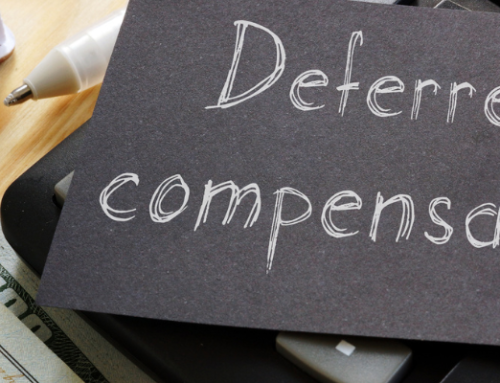In a previous article, we outlined the background, benefits, and challenges of PTE tax (PTET) regimes. In this article, we address core considerations and planning opportunities.
Key Takeaways:
- A state’s PTET will likely benefit business owners and investors, but it also conjures complicated considerations.
- It’s critically important to consider whether ownership structure and agreements contain provisions that would make the election into PTET inappropriate or impossible.
- Added filing requirements can negate the potential benefits of PTET.
- Now that the SALT cap limitation can be avoided, there are potential planning opportunities that can enable taxpayers to take advantage of the benefits of PTET.
As more and more states embrace an entity-level income tax on pass-through entities (PTEs) to mitigate the SALT cap, companies have a lot to consider.
Accounting requirements tend to be complicated due to the unique nature of PTE tax regimes, which vary by state and often involve entity-level income tax liabilities for traditionally nontaxable PTEs.
General Considerations
Throughout this article, we’ll examine several general questions, including:
- Is there taxable income at the state level? Consider apportionments and state modifications.
- Are there restrictions to participation? Must all owners participate?
- Will owners benefit from participation?
- Do any owners have offsetting losses or situations where they don’t have taxable income at the state level?
- Will owners receive benefits for taxes paid at the entity level — either through an income deduction or state tax credit?
Situations Where PTET Election Could Be Inappropriate
It’s critically important to consider whether ownership structure and agreements contain provisions that would make the election into PTET inappropriate.
S-Corps – Federal rules for S-Corp income allocation require that taxable income be allocated on a per-share/per-day basis. Therefore, it’s not possible to have specific allocations to shareholders when only some are participating in a PTET election.
Partnerships – For partnerships, the calculation of the tax base and state requirements for allocation of the related tax to partners may not align with actual income allocations when considering guaranteed payments and income allocations based on non-ownership factors. In this case, the entity needs to be cognizant of entering a tax situation that benefits some owners at the expense of others
Also, be sure to consider whether added filing requirements negate the potential benefits of PTET.
Many states require a non-resident return to be filed to “close the circle” for the pass-through entity tax or to receive credit for taxes paid in their home state.
This requirement could become a burdensome proposition for an entity that files income tax returns in several states, or for an entity with owners in multiple states, particularly where levels of income are low.
Planning Opportunities
Now that the SALT cap limitation can be avoided, there are potential planning opportunities that can enable taxpayers to take advantage of the benefits of PTET.
Adjusting Ownership Structure
Many states limit participation eligibility to individuals only or disallow participation by certain types of taxpayers such as other PTEs, corporations, trusts, etc.
But owners may be able to adjust the ownership structure in such a way as to allow eligibility for participation. Such changes may not permit election into PTET until a later tax year but could be beneficial nonetheless.
Admitting an Additional Owner
PTET is available to pass-through entities, but not to owners of Single Member LLCs treated as disregarded entities for tax purposes.
However, by admitting another owner(s), the entity may then be eligible to elect into PTET. The additional owner(s) could be a spouse, or other close family members, and need not have a large portion of ownership — just enough ownership to require a partnership or S-corporation return to be filed. Taxpayers need to be certain that the additional owner is an eligible owner in order to comply with other legal requirements that may need to be considered.
Filing for PTET Even if Members Have No Tax liability Due to Other Losses
Many states allow for full refundability on individual returns for PTET paid in excess of an owner’s state tax liability. As such, it may be beneficial for election into PTET even if one or more members have no individual state income tax liability (due to losses from other sources).
While the tax paid at the entity level is deductible by the entity, the owner with offsetting losses can be made whole by receiving a refund of the PTET on their individual return.
Final Thoughts
Electing to pay tax at the entity level can yield significant federal tax savings for owners of pass-through entities. But it is critically important to spend time modeling the situation before committing to the election to avoid undesirable outcomes.
Contact your PBMares Tax Team to help analyze your unique situation, and assist with the tax savings process.





